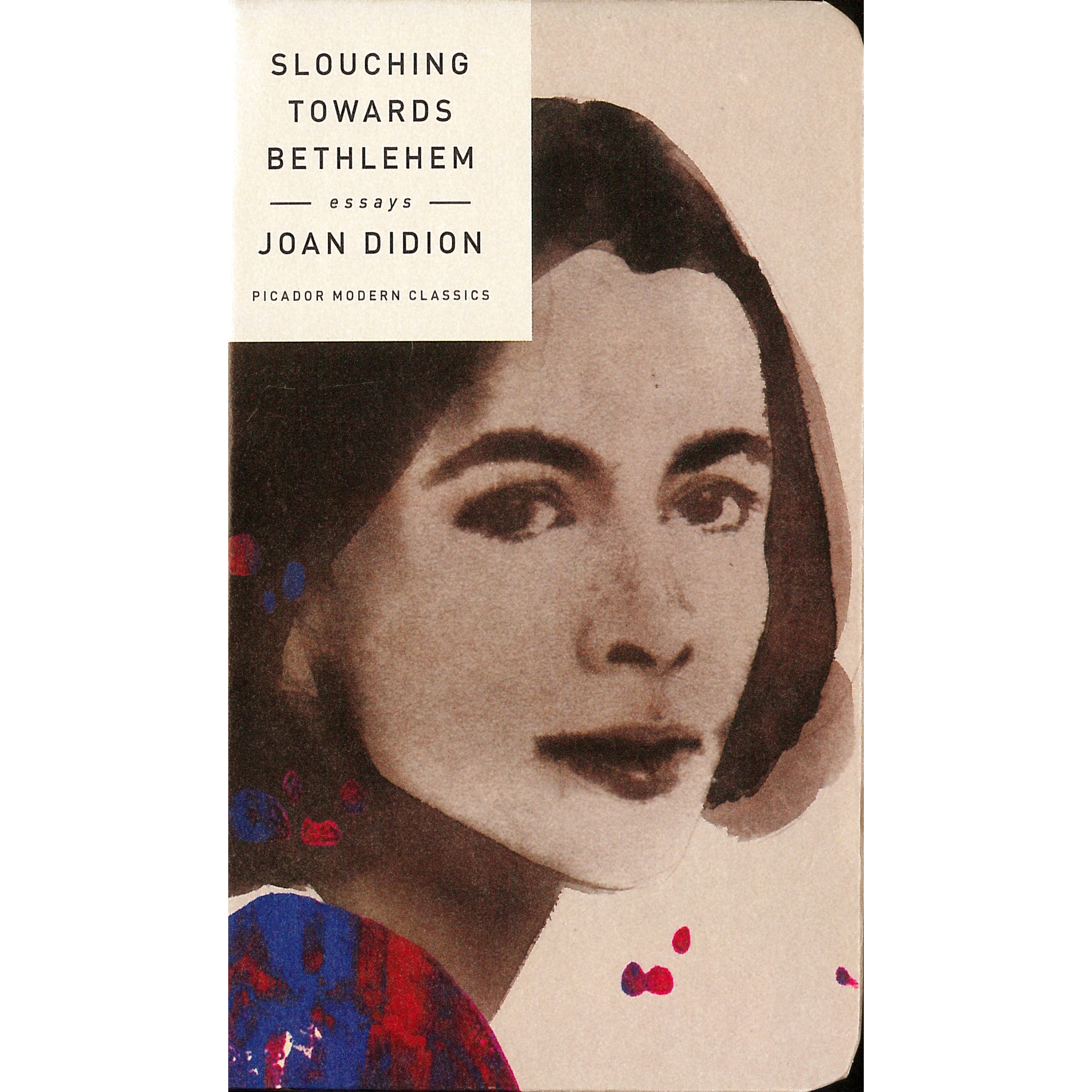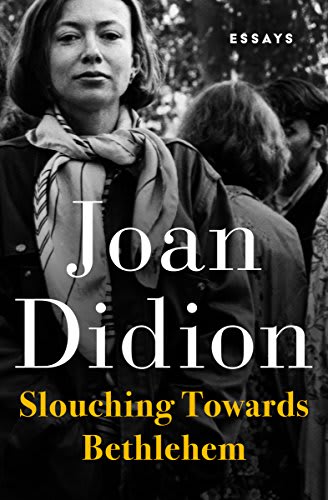

Didion’s appropriation of the title shows in part an ironic undercutting of the memoir as a serious piece of writing.Īnd yet she is perhaps best known for her work in the genre. “Goodbye to All That” takes its title from an earlier memoir, poet and critic Robert Graves’ 1929 account of leaving his hometown in England to fight in World War I. In Didion’s case, the emphasis must be decidedly on the literary-her essays are as skillfully and imaginatively written as her fiction and in close conversation with their authorial forebears.

The essay appears in 1967’s Slouching Towards Bethlehem, a representative text of the literary nonfiction of the sixties alongside the work of John McPhee, Terry Southern, Tom Wolfe, and Hunter S. Although her essay has inspired a sub-genre, and a collection of breakup letters to New York with the same title, the unsentimental precision and compactness of Didion’s prose is all her own.

But Didion made something entirely new of familiar sentiments. These economic times and every other produce many such stories. It is less often said that New York is also, at least for those of us who came there from somewhere else, a city only for the very young.Īnyone who has ever loved and left New York-or any life-altering city-will know the pangs of resignation Didion captures. It is often said that New York is a city for only the very rich and the very poor. I want to explain to you, and in the process perhaps to myself, why I no longer live in New York. An account of Didion’s eight years in New York City, where she wrote her first novel while working for Vogue, “Goodbye to All That” frequently shifts point of view as Didion examines the truth of each statement, her prose moving seamlessly from deliberation to commentary, annotation, aside, and aphorism, like the below: Didion is a consummate critic, from Greek kritēs, “a judge.” But she is always foremost a judge of herself. She rhetorically asks and answers: “…was anyone ever so young? I am here to tell you that someone was.” The wry little moment is perfectly indicative of Didion’s unsparingly ironic critical voice. In a classic essay of Joan Didion’s, “Goodbye to All That,” the novelist and writer breaks into her narrative-not for the first or last time-to prod her reader. Image by David Shankbone, via Wikimedia Commons


 0 kommentar(er)
0 kommentar(er)
